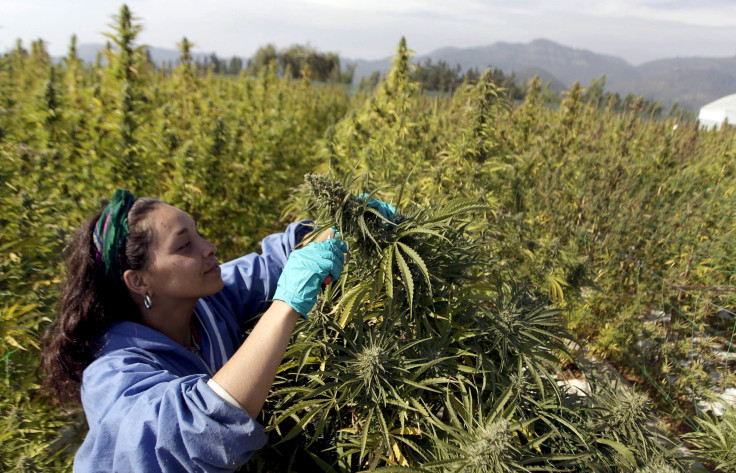Recreational marijuana use: Cannabis less harmful than processed sugar, saturated fats and alcohol, believes survey respondents

Just days after Canada’s federal government announced the cannabis legalisation rules, a survey, released on Monday, stated that one-in-four Canadians used marijuana recreationally in 2016, and another 19 percent would use it if it were made legal.
As per the Dig Insights survey, about 15 percent of the respondents said they bought marijuana from illegal dispensaries that have been targeted in raids across the country. More than half of the respondents said that they are not afraid of police intervention when buying marijuana. Only 18 percent of the respondents thought cannabis is very harmful, lower than the 19 percent who thought the same about alcohol. 25 percent felt processed sugar is very harmful, and 33 percent thought the same about saturated fat.
The survey polled 1,108 Canadians from April 3-7. Around six in 10 said they totally support cannabis legalisation. This shows perceptions and attitudes about marijuana have changed a lot. They have become more relaxed. Old stereotypes no longer hold true as more and more people are looking at cannabis as less harmful than fat and sugar.
“What we are seeing is the law to legalise marijuana in Canada couldn’t come soon enough,” Rory McGee, research director at Dig Insights told Financial Post.
Ottawa is aiming to implement a legal cannabis market by July 2018. Not much is known about the recreational marijuana market though. It could be worth anywhere from US$1 billion to US$8 billion on an annual basis. The federal government will have the power to issue licenses for producing recreational cannabis, just like it does for medical marijuana. It will be up to the provinces to decide whether they would distribute the same via retail stores. Distribution may also be carried out through provincially-owned stores such as Ontario’s LCBO.
The support for cannabis legalisation is growing stronger with each passing day. In another survey, 50 percent of the 1,970 respondents to a Campaign Research poll said that they want cannabis to be legalised fully by next year. However, these respondents preferred either pharmacies or independent dispensaries to sell the drug. If provinces do not have a distribution system in place by July 2018, Canadians will be able to purchase marijuana directly from licensed producers through mail.
However, the Liberal government’s stance on those who have been convicted for marijuana use in the past is not that liberal. Thus, plans to legalise recreational cannabis does not include a general amnesty for past pot convictions. Federal public safety minister, Ralph Goodale, told The Canadian Press not to expect a blanket pardon for those with records for possessing small amounts of the drug.






